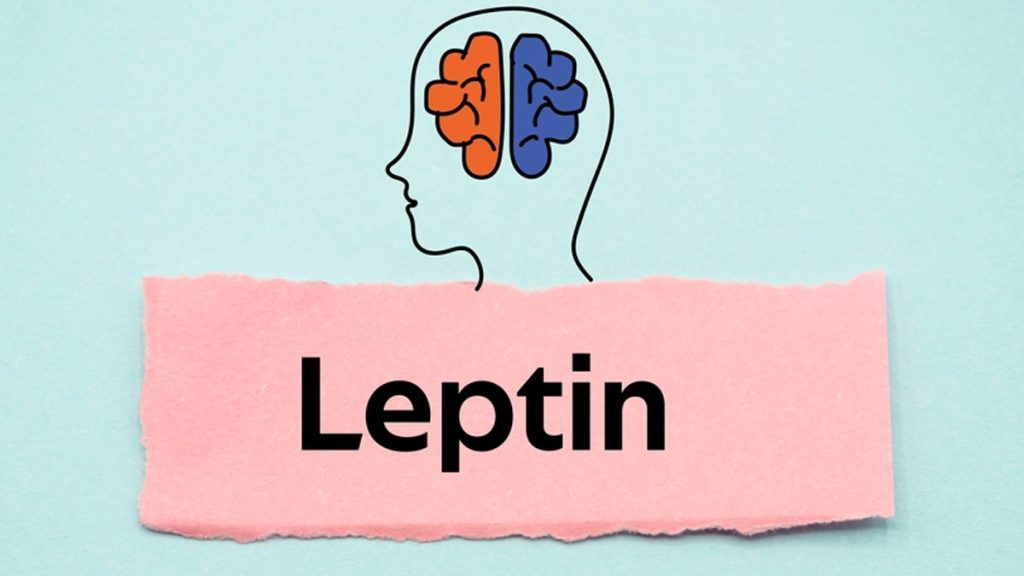The Impact of Sugar on Obesity and Weight Health
Have you ever noticed how sugary snacks feel irresistible in the moment yet leave you hungry again soon afterward? This everyday experience highlights a larger pattern shaping modern health. Sugar has become deeply woven into daily diets, often without clear awareness. Its impact on body weight unfolds quietly through habits, metabolism, and environment. Understanding this…
Read more










